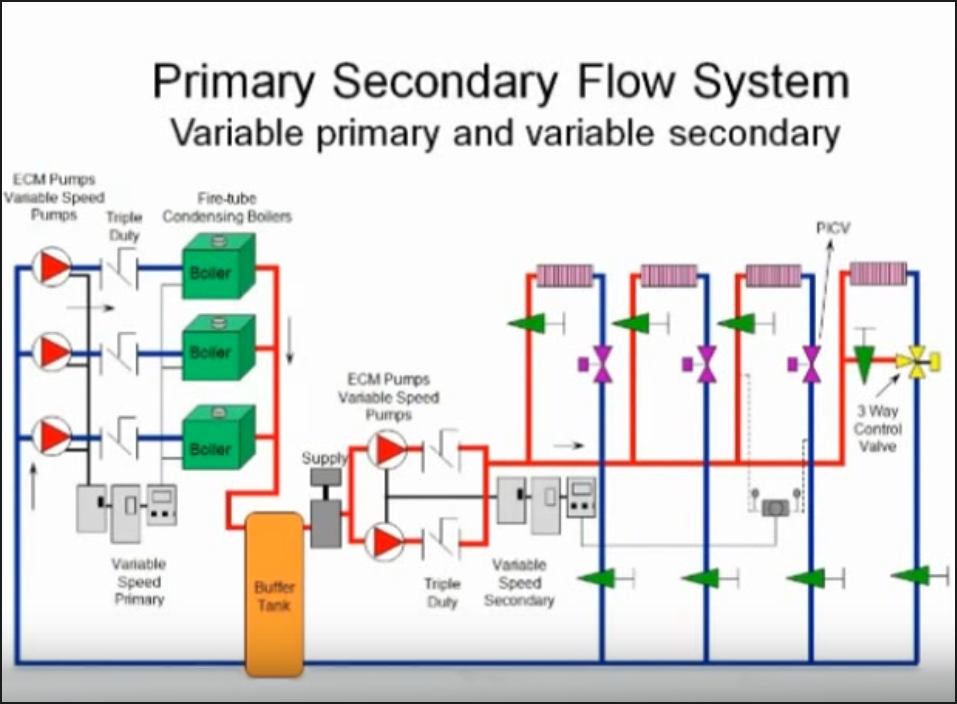How To Develop Cooling Tower Life Cycle Cost Analysis: Filling In The Blanks
/By Chad Edmondson
It is important that engineers be able to compare cooling towers (brands and configurations) in terms of both equipment and life cycle cost. Just as important, that comparison needs to be based on realistic operating parameters. At JMP we’ve developed a method that lets engineers do just that—one that can be applied to virtually any brand or type of cooling tower. It begins with a worksheet that looks like this:
And ends with one that looks something like this:
Expected Life – A Great Place to Start
Some of the above information will be filled in by the engineer and some will be filled in by the vendor. Clearly, though, it begins with the engineer who will ultimately be providing the vendor with life-cycle cost bid parameters. These parameters include:
Expected life of the cooling tower
First cost
Energy usages specific to the cooling tower type
Fan kW
Spray nozzle pressure (if it is a counterflow tower)
Pump kW
The first one is easy and a great place to start. How many years do you want and/or expect the cooling tower you select to last? The answer depends on the type of basin you choose. Based on JMP’s experience, the following are reasonable life expectancy in years for various types of basins:
Galvanized: 12 years
Stainless-Steel: 20 years
Fiberglass: 20 years
Concrete basin: 30 years
So let’s say you choose a stainless-steel basin for your cooling tower. That means you probably have about 20 years of life expectancy out of your tower. Voilà! You’ve just filled in your first blank:
Nearly all the other blanks take a bit more pre-thought. But don’t worry, we’re going to walk you through it!





